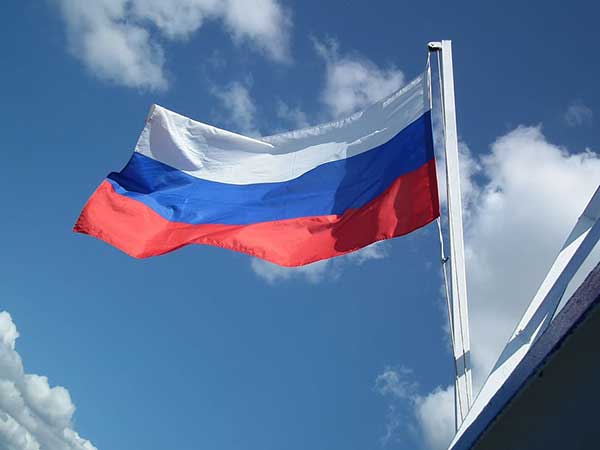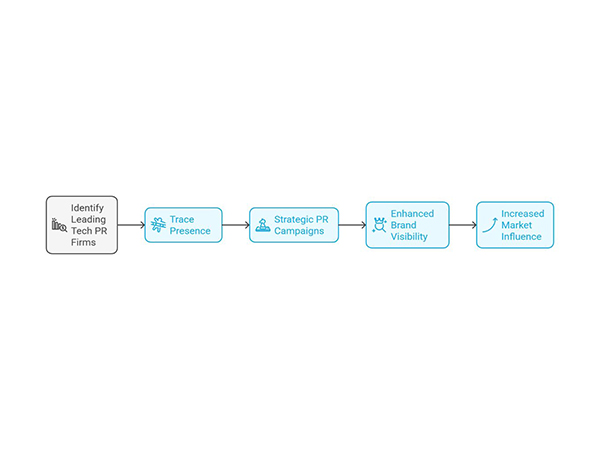Russia launches 'doomsday UAV' for use in nuclear war scenarios
Aug 04, 2024
Moscow [Russia], August 4: Speaking to TASS on August 3, Kuzyakin explained that Khrust is a small aircraft equipped with many devices. The first-person view ( FPV ) UAV is highly maneuverable and can explore every corner while carrying a sensor that detects toxic substances or a special dosimeter. With this feature, the new UAV can be used to monitor background radiation levels and ensure the safety of personnel in a nuclear-contaminated environment.
The UAV is easy to control and can fly continuously for 20 minutes, with a range ranging from 500m to 2km, depending on the pollution level of the area. It can reportedly be stowed away neatly alongside the equipment on the ground.
The UAV can be deployed in just 30 seconds and controlled from enclosed vehicles while on the move. This means the UAV can check contamination levels along routes through nuclear attack zones, as well as analyze the epicenter of nuclear attacks in cities and on the ground, according to Mr Kuzyakin.
However, deploying this type of UAV is very expensive and depends heavily on the ability of soldiers on the front line to grasp and judge the situation.
According to Newsweek , this development comes after months of global tensions as Russia and the North Atlantic Treaty Organization (NATO) have escalated their rhetoric regarding nuclear weapons . In addition, UAVs dominated the battlefield during the conflict in Ukraine in February 2022 when both sides used the weapon for reconnaissance, fire control, close air support and long-range attacks on infrastructure.
"I believe that common sense will prevail and the world will not allow the use of nuclear weapons and our [ doomsday UAV ] will never be needed. But we believe that it would be a crime not to prepare for the worst-case scenarios," Kuzyakin stressed.
Russia has recently conducted a series of non-strategic nuclear exercises in response to what Moscow describes as continued Western escalation and NATO violations of Russia's borders.
Source: Thanh Nien Newspaper








